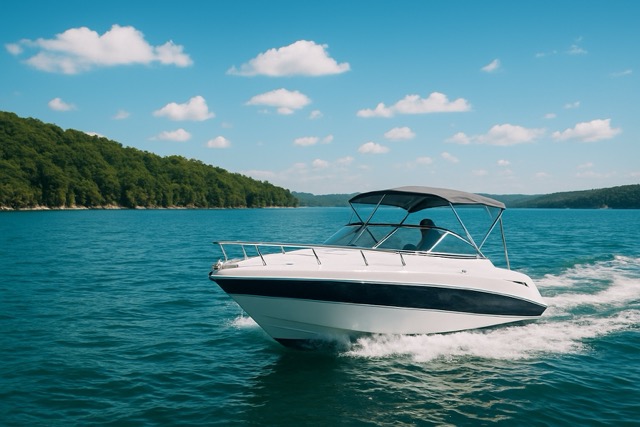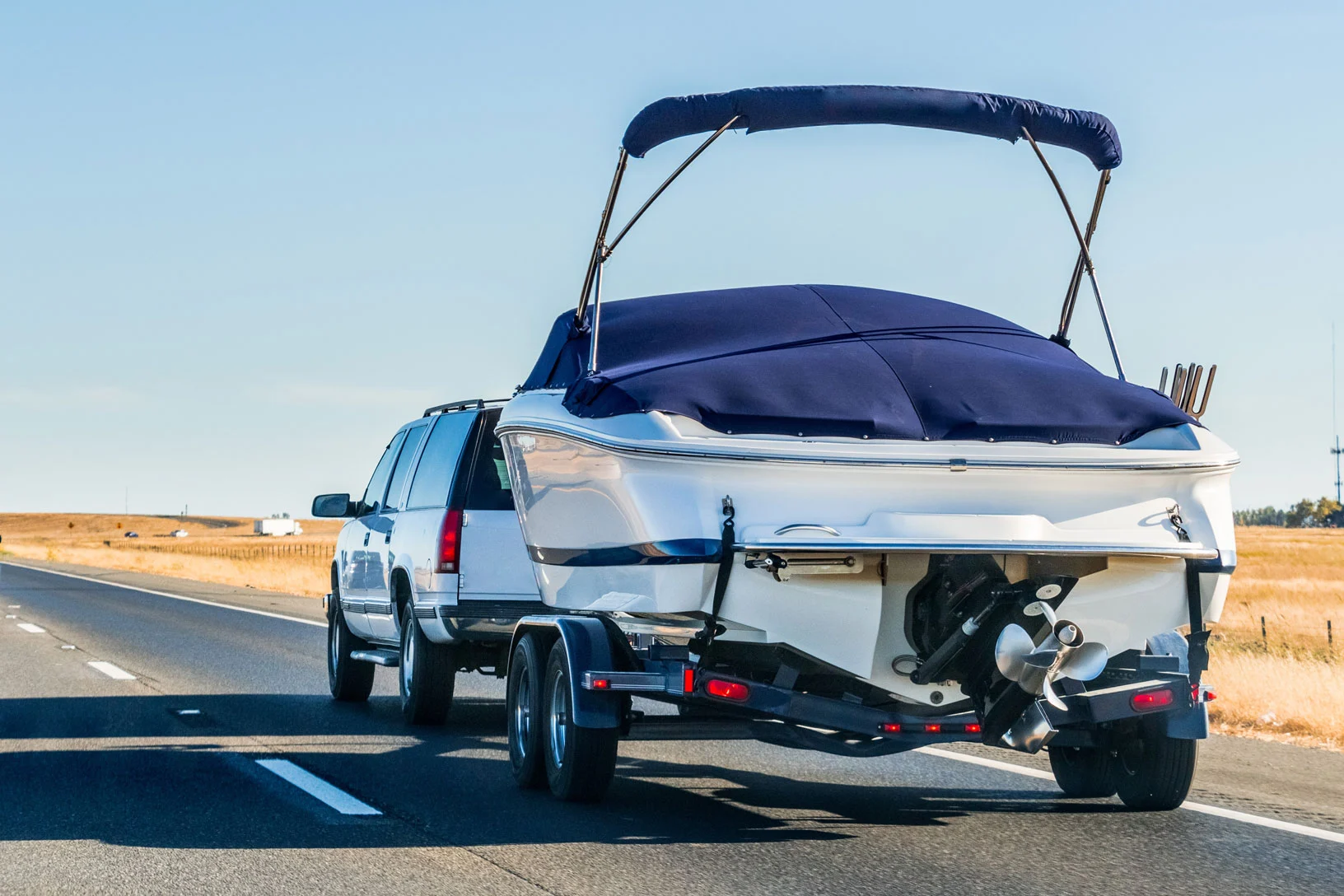Effective Quote Comparison
Author: New Wave Marine | Date: 31/08/2024 | 6 min Read
In this article, we will explore essential tips and strategies for comparing boat insurance quotes effectively. Whether you're a new boat owner or looking to renew your coverage, understanding how to navigate insurance quotes can save you time and money while ensuring comprehensive protection on the water.
Understanding Coverage Options
When comparing boat insurance quotes, it's crucial first to understand the different types of coverage available. Basic policies typically cover liability, damage, and theft. However, more comprehensive policies may include coverage for towing, equipment, and personal effects. Understanding what each policy offers helps you make informed decisions about what you truly need.
Consider which coverage options are necessary based on your boating habits. For example, if you frequently travel in coastal waters, you might need coverage that includes salvage operations. Conversely, if your sailing activities are primarily limited to lakes and rivers, a simpler policy might suffice.
Furthermore, examine the policy exclusions. Knowing what is not covered is as essential as knowing what is. Comparing boat insurance quotes effectively means you must read the fine print to avoid unpleasant surprises when a situation arises.
Assessing Policy Limits
Another critical aspect when comparing boat insurance quotes is assessing the policy limits. A policy limit is the highest amount your insurer will pay in the event of a claim. Ensure that the policy limits align with your needs without being excessively costly.
Start by considering the value of your boat and what would be required to replace it or conduct significant repairs. A policy with too low a limit could leave you vulnerable to substantial out-of-pocket expenses, while a policy with unnecessarily high limits could mean paying more in premiums than necessary.
Policy limits can also affect liability coverage. Consider potential scenarios where damages exceed your chosen limits and the financial implications you might face. Ensure your liability cover is sufficient to protect your assets adequately.
Evaluating Insurer Reputation
While price is a crucial factor, the reputation and reliability of the insurance company should not be overlooked. An insurer with a history of excellent customer service and prompt claim settlements is often worth any small premium increases.
Research customer reviews and seek recommendations from fellow boat owners or local boating clubs. Their real-world experiences can provide insight into how an insurer handles claims and customer relations. Keep an eye out for patterns in reviews, especially regarding claims processing.
Furthermore, check the financial stability of the insurance provider. A financially solid company is more likely to meet its obligations than one with a questionable fiscal status. Reviewing industry ratings can help you gauge the financial health of prospective insurers, thereby securing peace of mind and better coverage.
Learn More
Explore Blog categories
Want to receive the latest news and boating advice?
We offer a convenient newsletter subscription service that delivers the latest updates to your inbox. To sign up, visit our website and enter your email address in the subscription box. It's quick, easy, and free, and you'll be the first to know about any new products or services we offer
Thanks for signing up!







